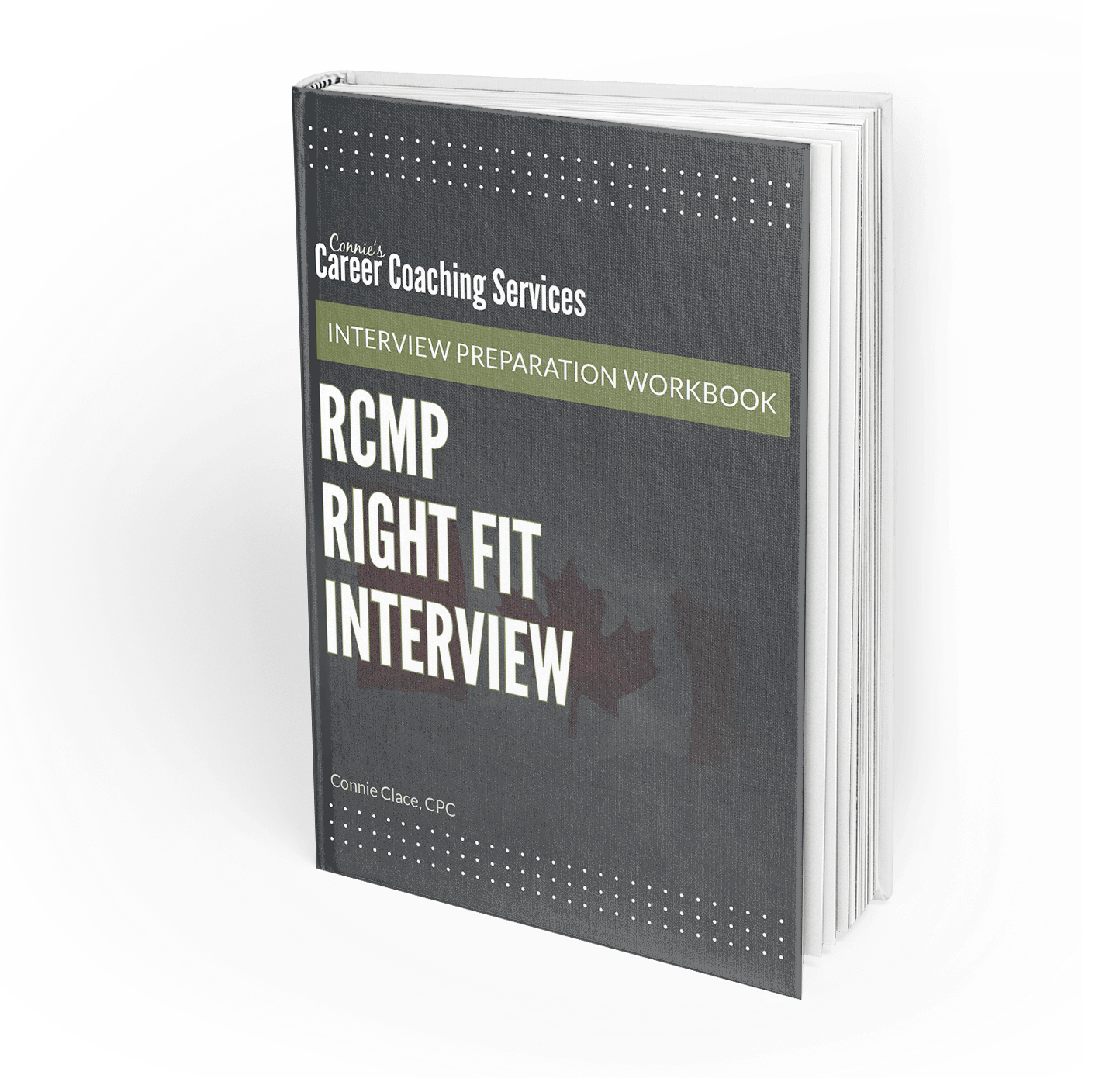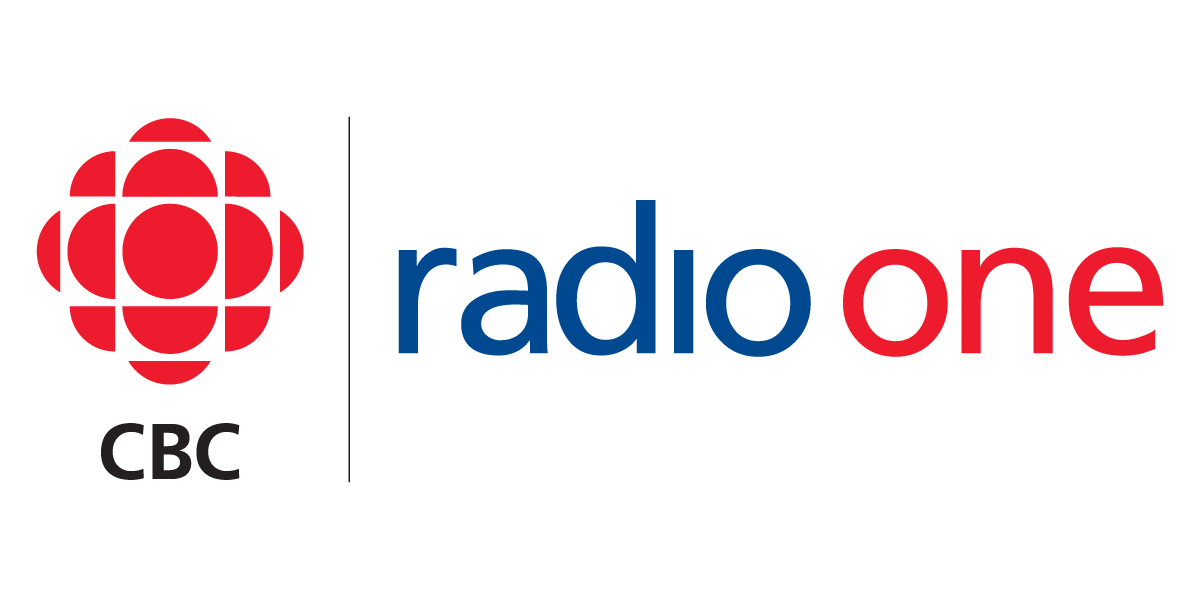How much is too much information at an Interview? This is a challenge for most people. How much detail do you need to provide? You certainly want to make sure that you give the interviewer enough information to make an assessment.
- Are you the “right fit” for the job?
- Do you possess the required skills and experience?
- Do you meet the competencies that are required to be successful?
But, you also have to be careful that you don’t start sharing too much irrelevant or personal information.
I come across this often when I am conducting mock interview sessions with my clients. Sometimes, I have to remind the client that they need to provide more detail when responding to questions, and other times, I have to ask them for less detail. This can be particularly challenging when you are being asked behavioural based questions. I have talked about these types of interviews in detail in previous posts. A behavioural based interview is used by the Federal Government, police agencies, large corporations, fire departments, etc., and follow the belief that past behaviour is indicative of future behaviour.
The key to responding to these types of questions is to ensure that you provide the relevant information without throwing in a lot of detail that adds nothing to the story. For instance, if you are asked,
Tell me about a time when you had to deal with a conflict within your team”,
you would use the S*T*A*R model to respond.
Situation, Task, Action and Result
You would set the stage for the interviewer by giving him enough detail so he understands what the situation is, but not fill it with a lot of information that adds no value.
Example
While working at ABC, I was responsible to lead a team of twelve employees. Last year, the organization was undergoing renovations, so my team had to relocate to another work location. This became inconvenient for one of my team members, as it was quite far from her home. She became increasingly difficult to work with, and created conflict amongst the team.
This information sets the stage for the story, and should lead you directly into what your task was, and then ultimately what action you took.
What I don’t need to know is:
- where the team member lives
- how much longer it takes her to get to work
- how inconvenient it now is to drop off her kids, etc.
I simply need the information that is relevant to the story, and that can lead you to the next component of S*T*A*R.
Although ensuring that you provide the correct information is important in a Behavioural type interview, it holds true for any interview. When you are asked broader questions, i.e.
Tell me a bit about yourself
you want share information that is relevant to the position but also provides a unique piece of information about yourself. They have already read you resume, so you don’t need to repeat that. Share something they don’t know, but make sure you don’t go into too much personal detail that won’t help them make a decision as to whether or not you are the right person for the job.
Don’t be afraid to ask for help as you get yourself ready. Reach out to someone who is experienced in conducting interviews to help you find the right balance. Or you can engage the services of a Certified Professional Career Coach experienced in conducting interviews to help you work through the process.
Do you know someone who is faced with this challenge? Feel free to share this post by using the share links at the top of this page. Also, if you’d like more interview tips, feel free to check out the interview resource page.


Leave a Reply